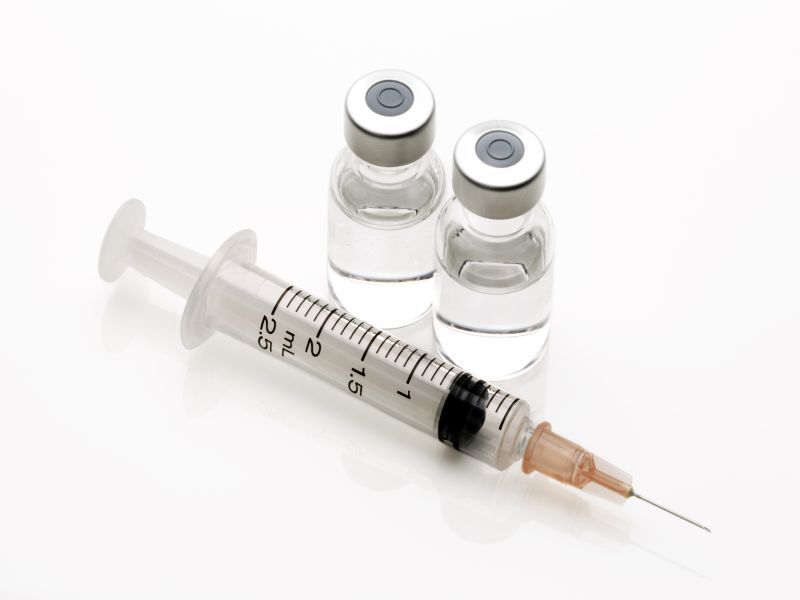
Being jailed puts teens with untreated psychiatric disorders at increased risk for long-term mental health struggles, researchers say. “These are not necessarily bad kids, but they have many strikes against them,” said study lead author Linda Teplin. “Physical abuse, sexual abuse and neglect are common. These experiences can precipitate depression. Incarceration should be the last… read on > read on >






























